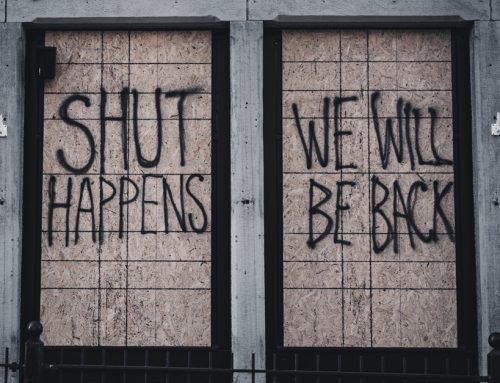On 7 April 2020, the High Court of Australia, in a unanimous decision, quashed an appeal decision of the Victorian Court of Appeal. Cardinal Pell was acquitted by the High Court of criminal charges relating to alleged sexual offences against two boys dating back to 1996 and 1997.
The original trial was decided in December 2018.
Cardinal Pell pleaded not guilty.
One of the alleged victims had died and had not given a version of events.
The complainant gave evidence which the Jury accepted.
There was other evidence which the Jury was required to consider. It dealt with the layout where the offending was alleged to have occurred, the public activities Cardinal Pell was performing around the relevant time, the busy environment, and the nature of the garments Cardinal Pell would have been wearing. Some of this other evidence had not been contradicted by the prosecution.
The High Court spoke of ‘compounding improbabilities’ and had to decide whether the evidence demanded a result other than conviction. It determined that the Jury, considering the charges and the evidence before it, should have entertained a doubt as to Cardinal Pell’s guilt. It found there was a significant possibility that an innocent person had been convicted. Acquittal was therefore ordered.
Media reports have spoken of parallel civil claims which might continue. Civil matters are often decided by a Judge, without a jury. A person bringing a civil claim for alleged historical abuse is not required to prove guilt ‘beyond a reasonable doubt’. Key facts must be proven ‘on the balance of probabilities’.
The Court may need to feel an ‘actual persuasion’ that key facts occurred. As in criminal matters, witness accounts must be weighed against other evidence, which can be a challenging exercise where the alleged offending occurred many years ago.
If you are in need of expert legal advice regarding an historical abuse claim, please contact Stuart Unwin using the enquiry form below. Our claims are managed with tact and compassion, in the mutual interest of our clients and the individuals making claims.






